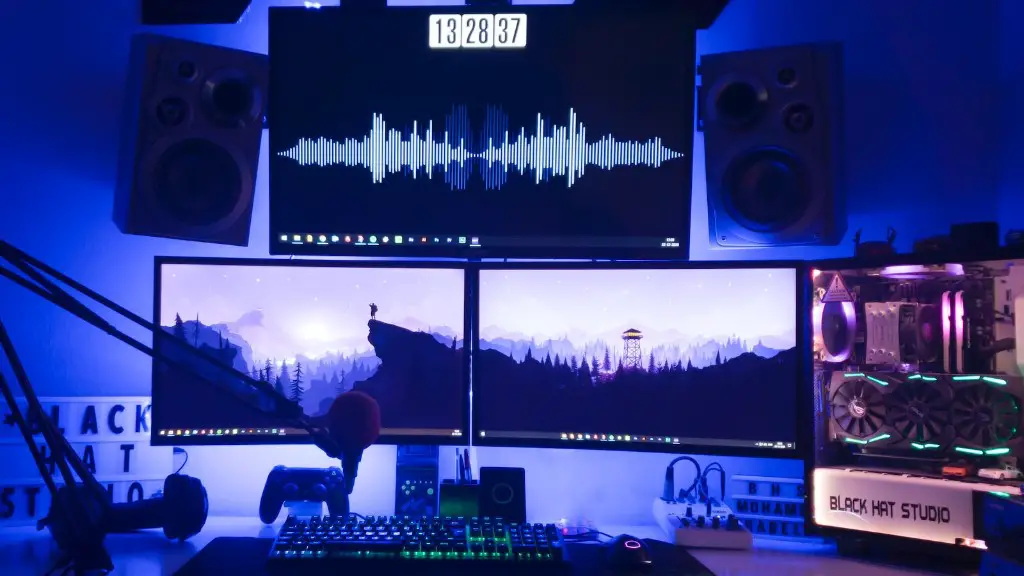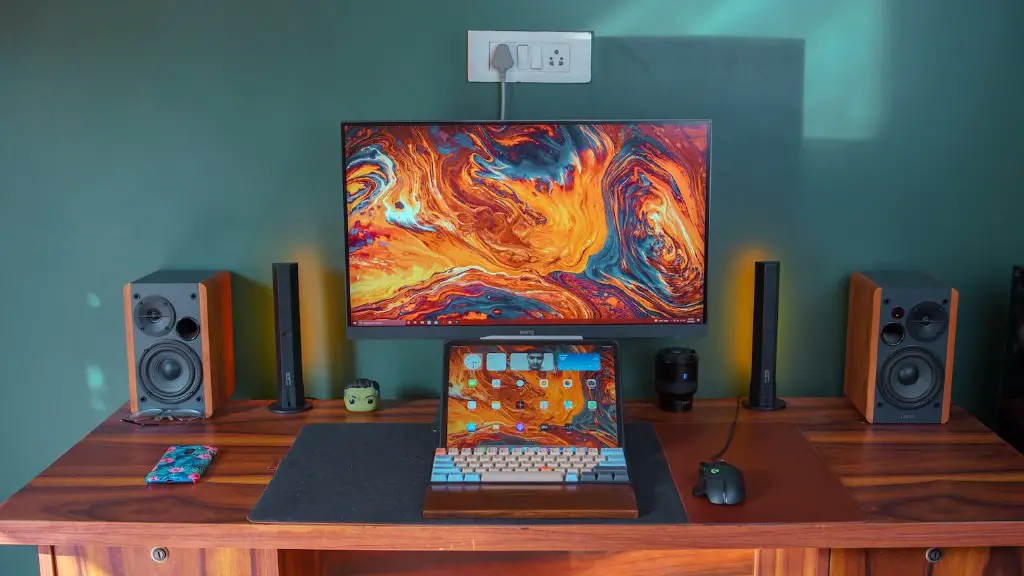If you are serious about gaming, having the right gaming PC is essential. A gaming PC provides a fluid, high-resolution gaming experience, and also offers the flexibility to customise the machine. There is a few things to consider when building a gaming PC. First, determine your budget and decide which components you need. Second, decide what type of processor and graphics card are best for you. Third, choose the right power supply, RAM and storage device. Fourth, choose the right cooling hardware, such as fans and liquid cooling systems. Fifth, find the perfect case. Sixth, choose the monitors and peripherals that fit your gaming setup. And seventh, consider what software you need and any peripherals.
Build Quality
The build quality of your gaming PC is very important, as it has to withstand many hours of gaming. Make sure you find the right balance between cost and build quality. Invest in components that meet your gaming needs and are reliable enough to last. Choose components that are compatible with each other, and that are designed to last long. Find a manufacturer that offers comprehensive warranties on the components, so you know your PC is covered should something go wrong.
Power Supply
The power supply for a gaming PC must provide enough power for the components and be reliable. Most gaming computers require at least 500W, although having 800W or even 1000W is better for future upgrades. It is essential to have a reliable power supply, as this will ensure that the components are not damaged during gaming. Also make sure that the power supply is energy efficient and doesn’t consume too much electricity.
Processor
The processor is the heart of any gaming PC, as it is the component that handles all the computing tasks. The processor’s speed, which is measured inGHz, determines how quickly it can complete tasks. Gaming PCs need processors that can handle the load of modern games. Look for models with at least four cores and clock speeds of 3.5GHz or higher. Also consider the number of threads the processor can handle, as this will determine how well the processor can multitask.
Memory
Getting enough RAM is essential for gaming PCs, as it helps the processor run smoothly. Look for models with at least 8GB of RAM, although 16GB is recommended. The type of RAM you choose will also affect the performance of your PC. Look for models with DDR3 or DDR4 RAM, as these offer faster memory speeds. Also take into account the speed of the RAM, as this will determine how quickly your PC can access data.
Storage
The hard drive is the component of your PC that stores the games and data. You should look for an SSD, as they offer faster performance, higher storage capacity and low power consumption. A standard spinning hard drive is also a good option, as it provides more storage space for a lower cost than an SSD. If you want to store large game libraries, you may want to look into a hybrid drive, which offers the best of both worlds.
Cooling
Proper cooling is essential to make sure your gaming PC doesn’t overheat. Overheating can cause components to wear out faster and cause performance issues. Fans are a great option for cooling, as they are relatively cheap and have a low noise output. If you want to invest in more expensive cooling solutions, you can look into liquid cooling systems, which ensure better cooling with a lower noise output.
Peripherals
Having the right peripherals will make your gaming experience more enjoyable. Look for gaming keyboards and mice that are comfortable and offer tactile feedback. Gaming headsets are also important, as they provide superior audio quality and are designed with gamers in mind. Other gaming accessories you may want to consider include game pads, controllers and webcams.
Monitors
Monitors are an essential component of any gaming PC. The type of monitor you choose will depend on the games you play and your budget. If you play fast-paced shooters, look for a monitor with a high refresh rate. Those who play RPG games should look for a monitor with an IPS panel and wide viewing angles. Finally, look for a monitor with a low response time, as this will ensure smoother gameplay.
Graphics Card
The graphics card is the component responsible for rendered graphics. Many gamers will opt for a dedicated graphics card, as they deliver the best gaming performance. There are a few things to consider when choosing a graphics card, such as the type of GPU, the amount of memory and the video connections. It is also important to take into account the cooling solution of the card, as this will affect the lifespan of the GPU.
Software
To complete your gaming PC setup, you need to install the necessary software. Choose an operating system that is optimised for gaming, such as Windows 10. You will also need to install the latest drivers for your graphics card and other components. Finally, you may want to add some additional software for boosting gaming performance, such as antivirus, gaming utilities and gaming services.

